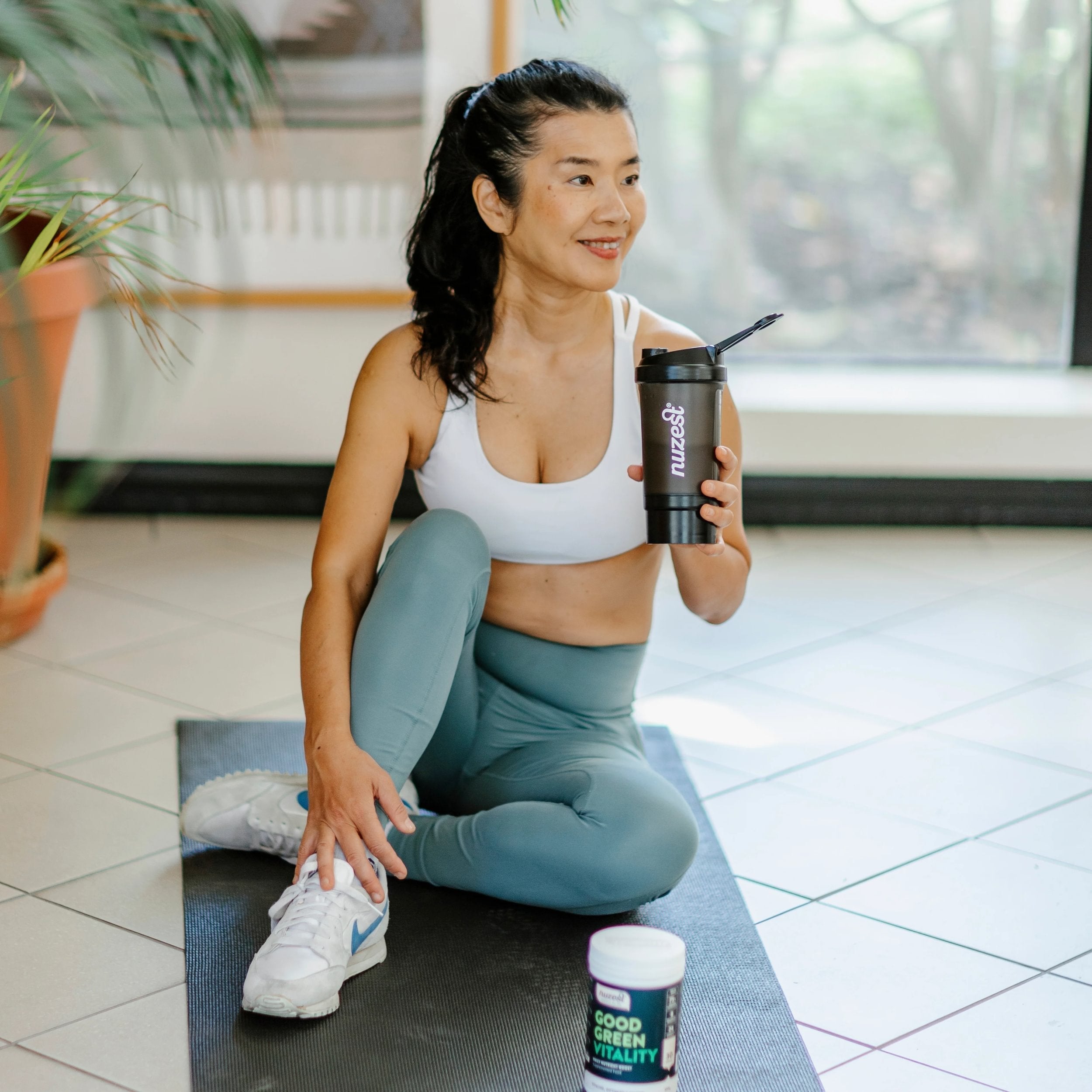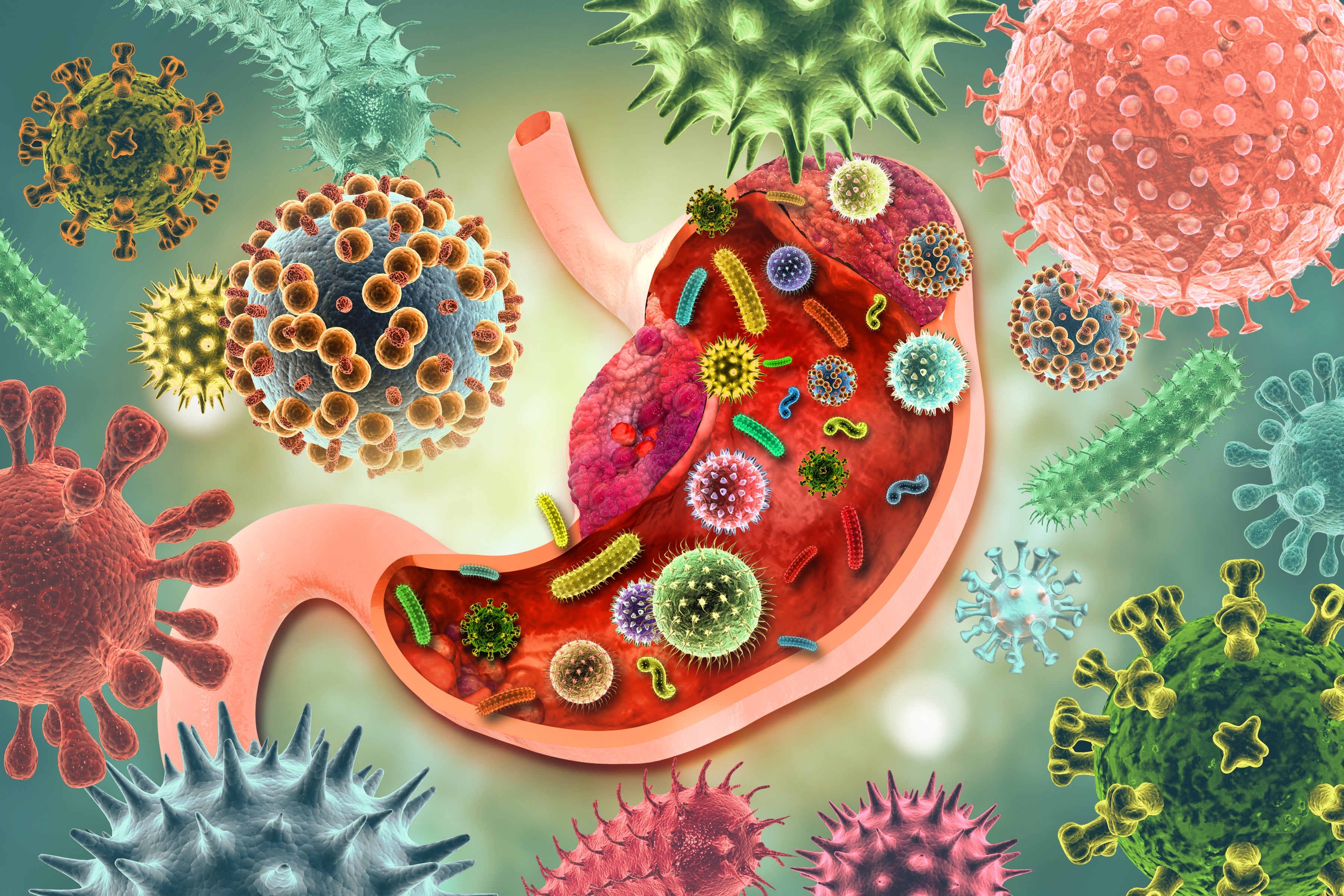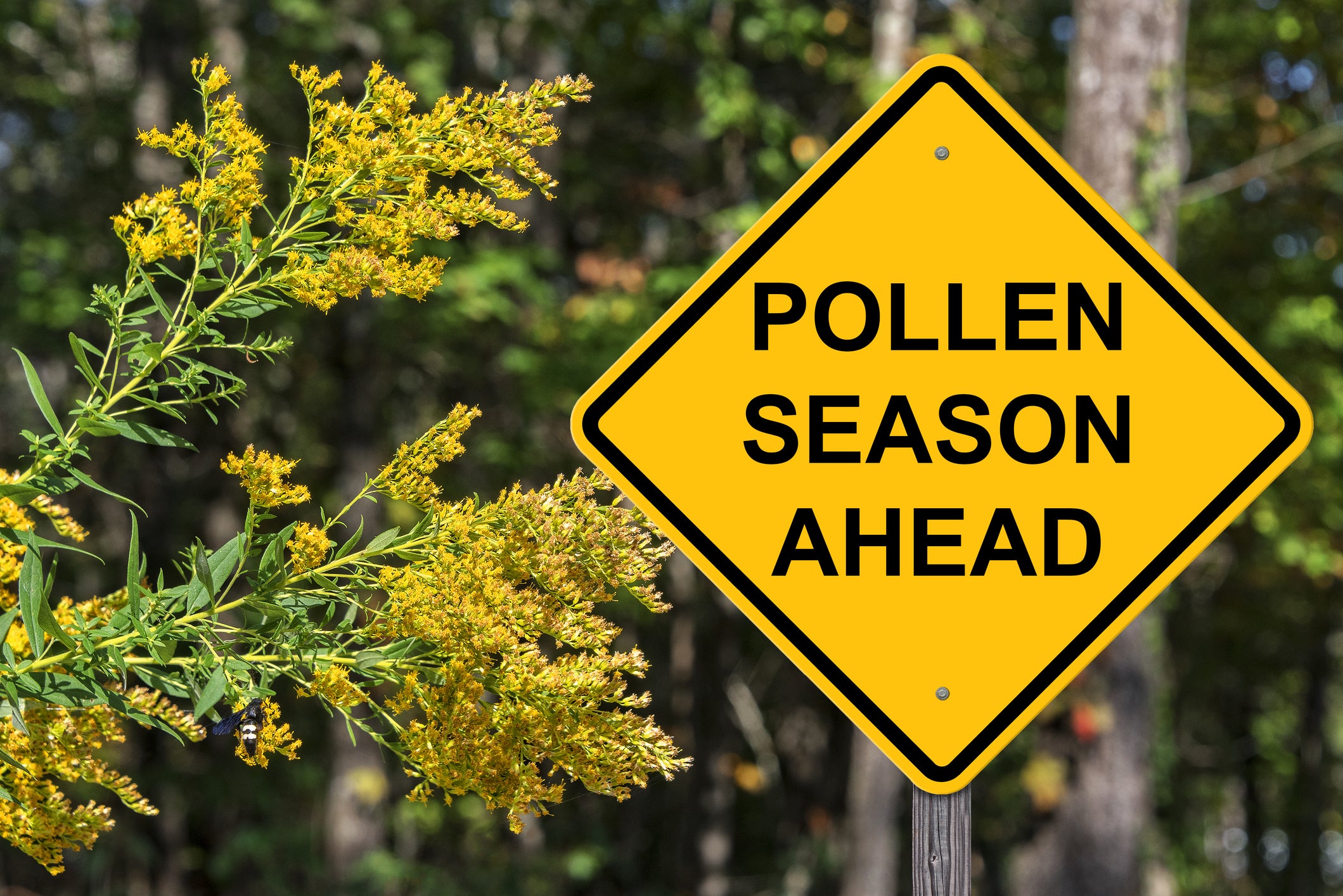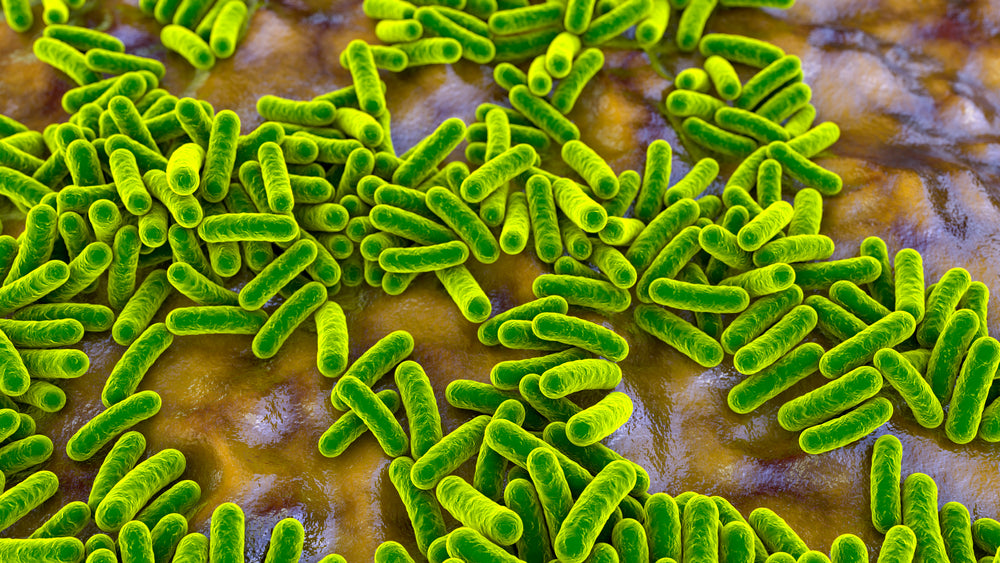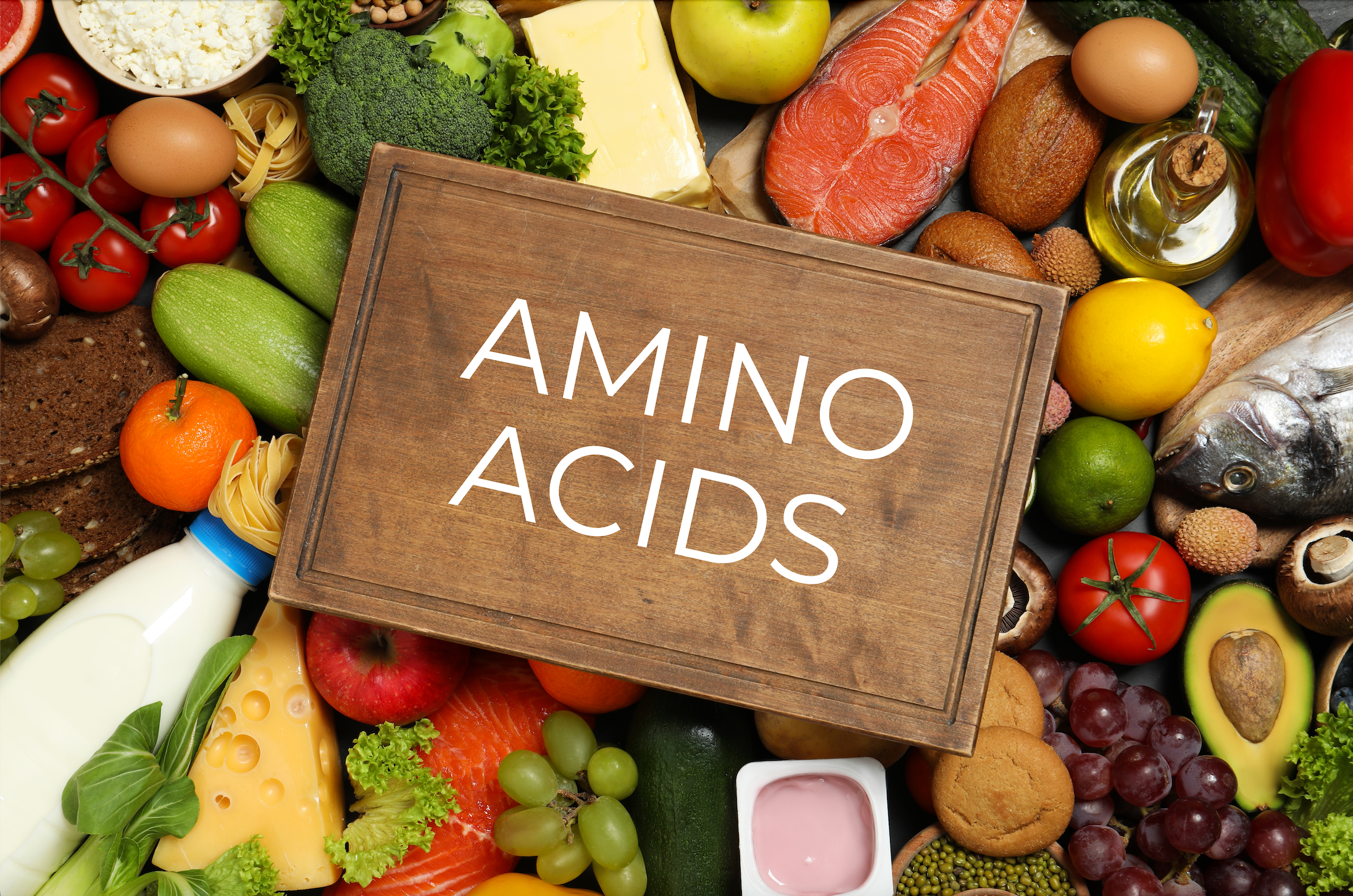Author: Megan Jones (Adv.Dip.NutMed, BHsc.NutMed)
While a healthy lifestyle is important for everyone, being healthy is about more than just eating well, getting fit and feeling better - it’s about staying that way too.
These days, the concept of a balanced diet and daily movement as it relates to our state of health is generally well accepted and understood, however, the importance of looking at health holistically is essential, as seen by the World Health Organization’s definition of health - “A state of complete physical, mental and social well-being and not merely the absence of disease and infirmity”.[1]
Through a dynamic interplay of lifestyle choices regarding our diets, physical activity, stress management and sleep patterns, our state of health can be significantly impacted. In fact, the link between lifestyle and disease is undeniable, with numerous studies highlighting the profound influence our daily habits have on our risk of developing various health conditions.[2] [3]
Here, we'll explore the fascinating connection between lifestyle and chronic disease, and discuss how effective strategies like a simple, daily serve of our multi nutrient formula Good Green Vitality with our Clean Lean Protein can provide us with not only the nutrients we require for optimal health, but also the energy and vitality we need to bolster a healthy lifestyle and reduce our risk of developing lifestyle diseases later in life.
Key takeaways:
- Numerous studies underscore the profound connection between lifestyle and disease - emphasizing how our daily habits shape our susceptibility to a range of health conditions and chronic diseases later in life. 2 3
- Although as a global population our life expectancy has increased dramatically, our overall health and wellbeing have not necessarily followed the same positive trajectory - with a greater prevalence of lifestyle disorders and disease presenting now more than at any other time in our history.10
- According to the World Health Organization, non-communicable diseases kill approximately 41 million people each year.14
- Risk factors contributing to the development of lifestyle diseases include nutrition, physical activity, smoking, stress and sleep. 17 18 19 20 21 22 23
- Current research in the field of nutritional science indicates that a healthy diet involves consuming macronutrients - namely, proteins, fats, and carbohydrates - in suitable proportions to meet the body’s energetic and physiological requirements. 24
Lifestyle medicine throughout history
The power of lifestyle as medicine dates back thousands of years. According to the literature, “healthy mind in a healthy body” was the main component of the Hippocratic philosophy during the 5th Century BC. Hippocrates, the ancient Greek physician, and considered the father of modern medicine,[4] focused medical practice on the natural approach and treatment of diseases. His code of ethics which is still used in medical practice today - “The Hippocratic Oath”[5]- highlights the importance of understanding the patient’s health, through their independence of mind, and the need for harmony between their individual, social and natural environments.[6]
Fast forward to present day, and we are seeing consistent and compelling science akin to holistic health, supporting the important influence of lifestyle on health and disease. In fact, experts agree that approximately 80% of chronic disease and premature death could be prevented by lifestyle modifications such as smoking cessation, physical activity, and a consistently balanced dietary pattern.[7]
With thanks to this widespread knowledge surrounding health that we have today, alongside global health initiatives instigated by organisations like the WHO, we, as a global population are living longer. The average global life expectancy has more than doubled over the past 2 decades – from 30 to 73 years.[8] Despite our increased longevity, however, we are living with a higher prevalence of lifestyle disorders and disease than at any other time in our history.[9]
What are lifestyle diseases?
Westernised populations are plagued by a profusion of chronic non-infectious, degenerative lifestyle diseases, termed "non-communicable diseases" (NCDs). These include but are not limited to obesity, diabetes and other metabolic disorders, cardiovascular diseases, cancer, autoimmune diseases, Alzheimer's disease and general cognitive decline, osteoporosis, chronic liver disease, depression and chronic backpain.[10] [11] [12]
Playing pivotal roles in the development of these NCDs are diet and lifestyle-related key changes such as chronic low-grade inflammation, an increased production of reactive oxygen species and oxidative stress, insulin dysregulation and resistance, and an abnormal activation of both our nervous and circulatory systems.[13]
According to the World Health Organization, NCDs kill approximately 41 million people each year. This is equivalent to 70% of all deaths globally, and a whopping 80% of deaths in low- and middle-income countries.
Out of this, almost 15 million people die between the ages of 30 and 69 years. Cardiovascular diseases such as heart attack and stroke are on top with 17.9 million deaths annually, followed by cancer (9.3 million), respiratory diseases such as chronic obstructive pulmonary disease and asthma (4.1 million), and diabetes (1.5 million).[14]
Risk factors contributing to the development of lifestyle diseases
Nutrition:
A balanced and nutritious diet is a crucial component when it comes to maintaining overall health and reducing the risk of chronic diseases. In fact, healthy eating habits can help prevent or manage many chronic conditions and promote longevity and wellbeing. Conversely, a diet high in fat, particularly saturated fat, low in carbohydrates, fruit, and vegetables, along with a high salt intake leads to the emergence of risk factors in the development of chronic lifestyle diseases.[15]
According to recent research, the susceptibility to any first chronic disease increased as the daily consumption of fruits and vegetables decreased.[16]
Physical activity:
Adequate physical activity has been shown to have many health-promoting properties and has a direct, independent role in reducing mortality of the most prolific lifestyle disease globally - cardiovascular disease.[17]
Conversely, a sedentary lifestyle increases all-cause mortality and the risks for not only cardiovascular diseases, but also diabetes mellitus, hypertension, and cancers (breast, colon, colorectal, endometrial, and epithelial ovarian cancer).[18]
Smoking:
Smoking is a well-established risk factor for the development of chronic diseases due to the harmful and toxic substances present in tobacco smoke. Of the lifestyle factors, heavy smoking had the strongest association with the risk of experiencing at least one chronic disease.[19]
Stress:
Stress, seen as a response to certain triggers – either externally or internally - is a risk factor for the development of chronic diseases because it can have profound and long-lasting effects on the body's physiological and psychological processes. Psychosocial factors such as job-strain, anxiety, depression and personality characteristics all contribute to a stress response in the body.[20] [21]
Sleep:
It's important to prioritise good sleep hygiene and aim for the recommended amount of sleep each night (typically 7-9 hours for adults) to reduce the risk of chronic diseases. The cumulative effects of sleep loss and sleep disorders have been associated with a wide range of health consequences including an increased risk of hypertension, diabetes, obesity, depression, heart attack, and stroke.[22]
Recent findings show that insufficient sleep duration is prevalent in the population and is associated with weight gain and obesity, inflammation, cardiovascular disease, diabetes, and mortality.[23]
What does a healthy diet look like?
Although nutritional science is evolving, the current research reports that a healthy diet incorporates the consumption of macronutrients – protein, fats and carbohydrates - in appropriate proportions to support our energetic and physiologic needs. That is, without excess intake, while also providing sufficient micronutrients and hydration to meet these physiologic requirements of the body – positively influencing health and promoting the prevention of NCDs.
This balanced and healthy dietary pattern is higher in plant-based foods, including:
- fresh antioxidant-rich fruits and vegetables
- whole grains
- legumes
- seeds and nuts
It is also higher in healthy fat and lean protein, but lower in refined sugars, trans and saturated fats - particularly fatty and processed meats.[24]
With the knowledge we have surrounding the importance of a balanced diet when it comes to supporting a healthy lifestyle, let’s take a look at our top 5 nutrient recommendations tips to help you promote health and reduce risk of chronic disease!
- Protein - Adequate protein intake plays a pivotal role in reducing the risk of developing chronic diseases. Protein is fundamental in maintaining and building lean muscle mass, which, in turn, helps regulate blood sugar levels and metabolism. Protein-rich foods like lean meats and poultry, eggs, lentils and legumes promote satiety, aiding in weight management and reducing the risk of chronic lifestyle diseases like that are associated with excess body weight. If you are looking to improve your daily protein intake, just 2 scoops of our Clean Lean Protein provides 20g of plant-based European pea protein to your meal or snack!
- Essential fatty acids - Ensuring an adequate intake of essential fatty acids is crucial in mitigating the risk of chronic diseases due to their profound impact on overall health. Cell membrane health and the lowering of fat levels in our blood can both be achieved by consuming higher levels of Omega-3 and Omega-6 fatty acids. Omega-3 fatty acids, found in fatty fish, flaxseeds, and walnuts, also exhibit potent anti-inflammatory properties, helping to reduce chronic inflammation and subsequently the risk of chronic disease development. Just 1 daily serve of Good Green Vitality can help in achieving significantly higher levels of Omega-3 and Omega-6 fatty acids due to the flaxseed, spirulina, red marine algae, kelp and alpha-lipoic acid content.
- Vitamin D - Often referred to as the "sunshine vitamin" because our skin can produce it in response to sunlight, vitamin D is essential for a range of physiological processes. Alongside its skeletal benefits, vitamin D also plays a critical role in immune system regulation, helping the body fight infections and potentially reducing the risk of autoimmune diseases. Emerging research also suggests that vitamin D may have anti-inflammatory properties, which are significant due to chronic inflammation as a common factor in chronic diseases. Did you know that our Good Green Vitality contains a vegan form of Vitamin D3 in each daily dose?
- Vitamin C – Vitamin C is a powerful antioxidant that helps protect cells from oxidative stress and damage caused by free radicals, particularly important in reducing the risk of chronic diseases as oxidative stress is implicated in their development. Vitamin C also plays a vital role in strengthening the immune system, and helps maintains the health of blood vessels, skin, and connective tissues - reducing the risk of cardiovascular diseases and skin-related chronic diseases. Did you know that our Good Green Vitality contains 400mg of Vitamin C per serve?
- B vitamins - Ensuring an adequate intake of B vitamins is essential in reducing the risk of developing chronic diseases due to their pivotal roles in numerous biochemical processes throughout the body. They are involved in energy metabolism, DNA synthesis, and proper functioning of the nervous system, while also crucial for maintaining a healthy cardiovascular system via helping modulate our bodies’ homocysteine levels. Research also shows that B vitamins can significantly benefit mood and reduce our body’s physiological response to stress. We can find B vitamins in foods such as peas, nuts, leafy greens, wholegrains and liver, however for a broad range of B vitamins in significantly high doses to help achieve optimal health, look no further than a simple, daily dose of Good Green Vitality!
References:
- World Health Organization. About World Health Organization. Constitution. Available at: http://www.who.int/governance/eb/constitution/en/. Accessed: December 27, 2017
- https://www.ncbi.nlm.nih.gov/pmc/articles/PMC6367881/
- https://bmcpublichealth.biomedcentral.com/articles/10.1186/1471-2458-14-686
- https://pubmed.ncbi.nlm.nih.gov/29341580/
- https://www.ncbi.nlm.nih.gov/pmc/articles/PMC9297488/
- https://www.ncbi.nlm.nih.gov/pmc/articles/PMC4263393/
- https://pubmed.ncbi.nlm.nih.gov/28523941/
- https://www.mckinsey.com/mhi/our-insights/adding-years-to-life-and-life-to-years
- https://www.ncbi.nlm.nih.gov/pmc/articles/PMC5549217/
- https://www.ncbi.nlm.nih.gov/pmc/articles/PMC8239450/
- https://www.ncbi.nlm.nih.gov/pmc/articles/PMC2862441/
- https://pubmed.ncbi.nlm.nih.gov/31662837/
- https://pubmed.ncbi.nlm.nih.gov/31695465/
- https://www.who.int/news-room/fact-sheets/detail/noncommunicable-diseases
- https://www.ncbi.nlm.nih.gov/books/NBK2290/
- https://pubmed.ncbi.nlm.nih.gov/29766692/
- https://www.ncbi.nlm.nih.gov/pmc/articles/PMC7124486/
- https://www.ncbi.nlm.nih.gov/books/NBK2290/
- https://www.ncbi.nlm.nih.gov/pmc/articles/PMC7700832/
- https://www.ncbi.nlm.nih.gov/pmc/articles/PMC7124486/
- https://www.ncbi.nlm.nih.gov/pmc/articles/PMC7603890/
- https://www.sciencedirect.com/science/article/abs/pii/S0889159115004316?via%3Dihub
- https://www.ncbi.nlm.nih.gov/books/NBK19961/
- https://pubmed.ncbi.nlm.nih.gov/27467177/
- https://pubmed.ncbi.nlm.nih.gov/32012681/



